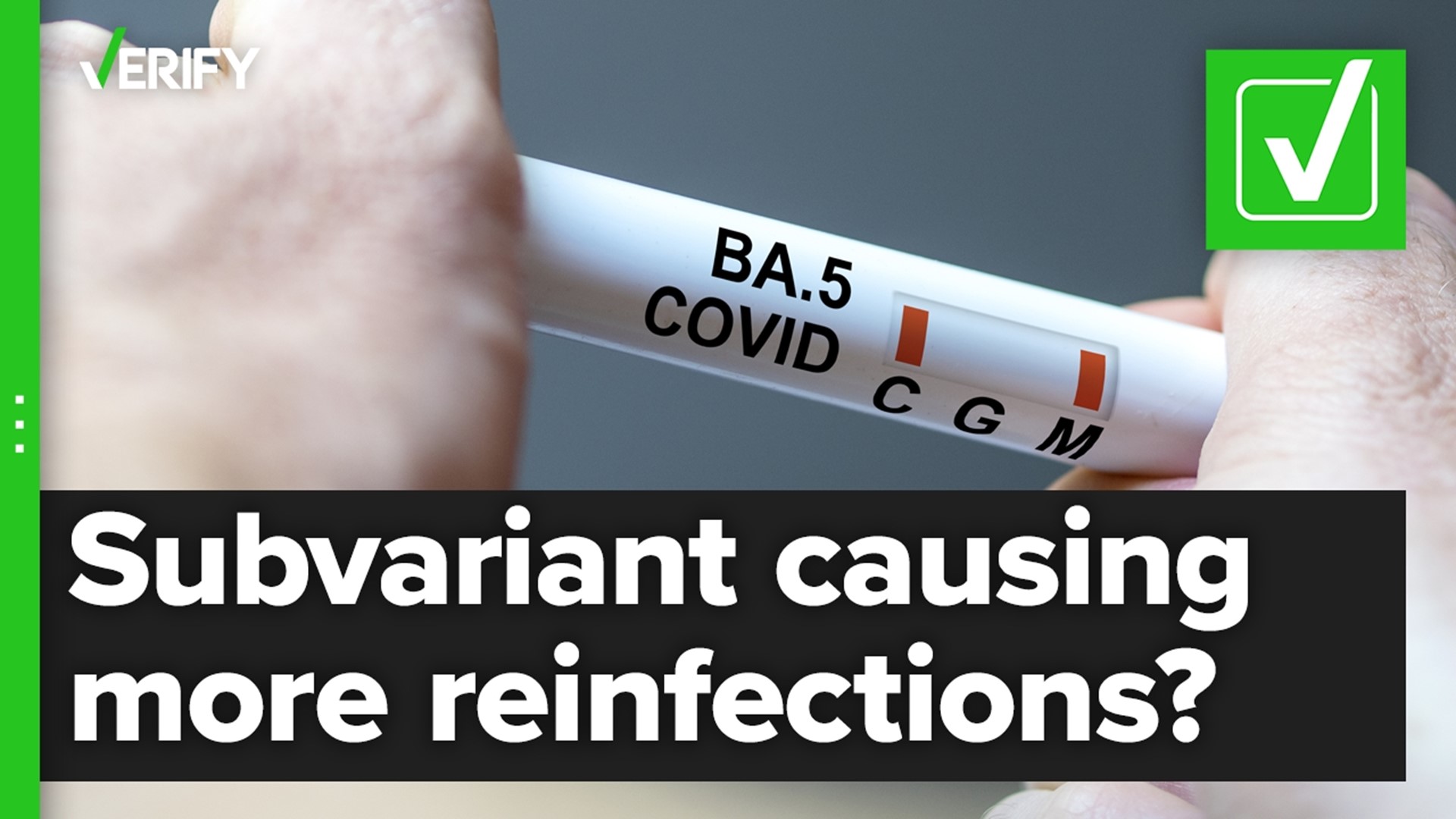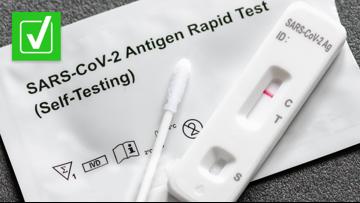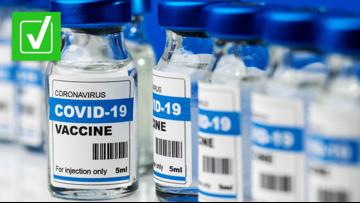Throughout the COVID-19 pandemic, new variants and subvariants have emerged as the virus continues to mutate.
President Joe Biden’s administration said on July 12 that omicron subvariants BA.4 and BA.5 make up 80% of COVID-19 cases in the nation, “with BA.5 accounting for a majority of cases.”
As awareness of BA.5 spreads, some people on social media are claiming that the subvariant is more likely to reinfect those who have already had COVID-19.
“After successfully avoiding Covid for 2.5 years, my husband tested positive for Covid 3 weeks ago, cleared the infection, and then tested positive again yesterday. 3 weeks! #BA5 immune evasion is no joke,” one person wrote on Twitter.
THE QUESTION
Is the BA.5 omicron subvariant of COVID-19 more likely than previous subvariants to reinfect people?
THE SOURCES
- Centers for Disease Control and Prevention (CDC)
- World Health Organization (WHO)
- Letter from researchers at Beth Israel Deaconess Medical Center published in the New England Journal of Medicine
- Joseph Fauver, Ph.D., assistant professor in the epidemiology department at the University of Nebraska’s College of Public Health
- Sheldon Campbell, Ph.D., professor of laboratory medicine at Yale School of Medicine
THE ANSWER
Yes, the BA.5 omicron subvariant of COVID-19 is more likely than previous subvariants to reinfect people.
WHAT WE FOUND
The omicron variant surfaced at the end of 2021, leading to a wave of new COVID-19 infections. Since then, health experts have identified multiple subvariants of omicron – including BA.5. Though data suggest that omicron generally causes less severe illness than prior variants, it spreads more easily and often evades immune response among people who have been previously infected or vaccinated against COVID-19.
BA.5 is the most contagious variant or subvariant of COVID-19 we’ve seen so far, World Health Organization (WHO) COVID-19 Technical Lead Maria Van Kherkove said during a recent press briefing.
A recent study looked into the effectiveness of a prior COVID-19 infection in preventing a new infection from the virus, a spokesperson for the WHO said.
The study showed that prior to omicron, those who had recovered from a COVID-19 infection had 90% immune protection from reinfection. When omicron subvariants BA.1 and BA.2 became dominant, the immune protection from a prior infection dropped to an estimated 50%, according to the WHO.
Now, a prior infection only gives a person an estimated 40% immune protection from the BA.4 and BA.5 and BA.5 subvariants.
BA.5 made up an estimated 65% of COVID-19 cases in the U.S. from July 3-9, compared to about 16% of cases attributed to the BA.4 subvariant, according to data from the Centers for Disease Control and Prevention (CDC).
The BA.5 subvariant is “immune-evading,” meaning people with prior infection or vaccination are “likely still at risk for BA.4 or BA.5,” CDC Director Rochelle Walensky said during a White House COVID-19 Response Team briefing on July 12.
Mutations in both the BA.4 and BA.5 subvariants appear to help them “escape immunity from both vaccination and prior infection,” Sheldon Campbell, a professor of laboratory medicine at Yale School of Medicine, said.
Joseph Fauver, an assistant professor in the epidemiology department at the University of Nebraska’s College of Public Health, told VERIFY that the BA.5 subvariant is “absolutely capable of causing reinfections” and has already done so.
Researchers with the Beth Israel Deaconess Medical Center, a teaching hospital of Harvard Medical School, also evaluated antibody responses to multiple omicron subvariants in 27 people who received their primary COVID-19 vaccine series and booster shot, and 27 people who had previously contracted COVID-19. Their research was published in a letter to the New England Journal of Medicine on June 22, 2022.
They found that antibody responses to BA.4 and BA.5 were approximately three times lower than to the omicron subvariants BA.1 and BA.2, meaning BA.4 and BA.5 are substantially more likely to evade immunity from either a vaccine or prior infection.
There is no evidence right now to suggest that BA.4 or BA.5 cause more severe disease compared to other omicron subvariants, according to public health leaders and experts who spoke with VERIFY.
Though the CDC is still collecting data, “vaccine effectiveness against severe disease and death remains high” for omicron subvariants, including BA.4 and BA.5, Walensky said.












